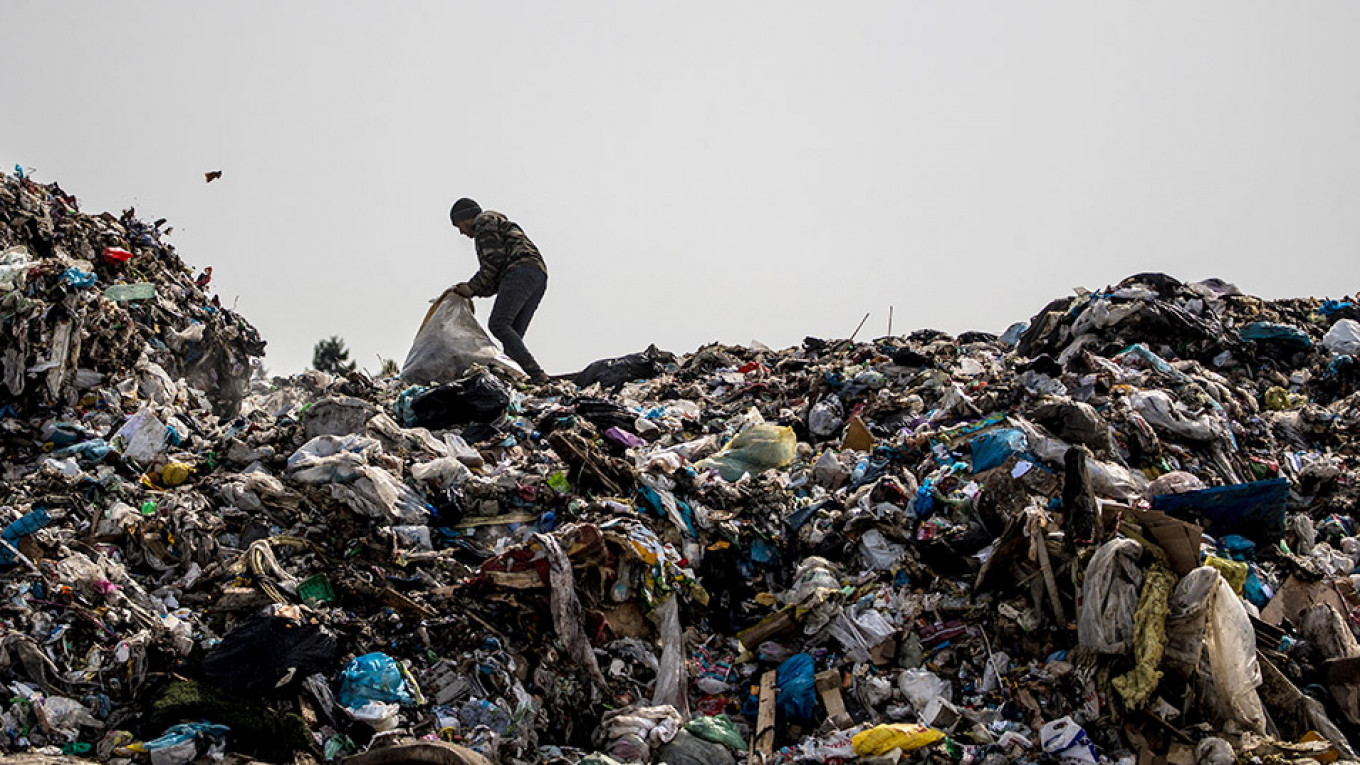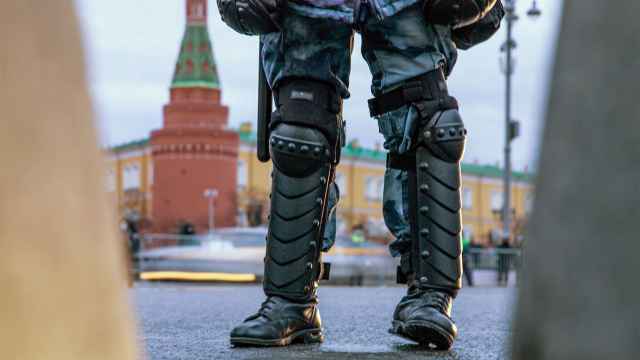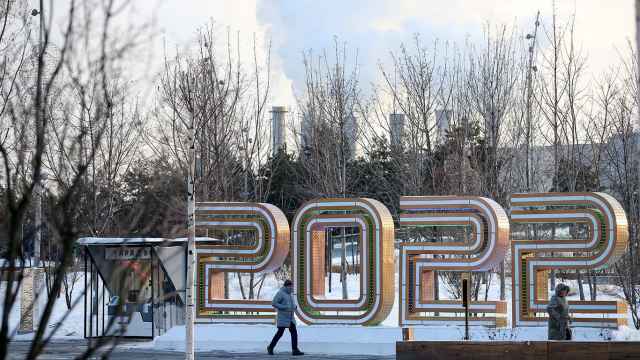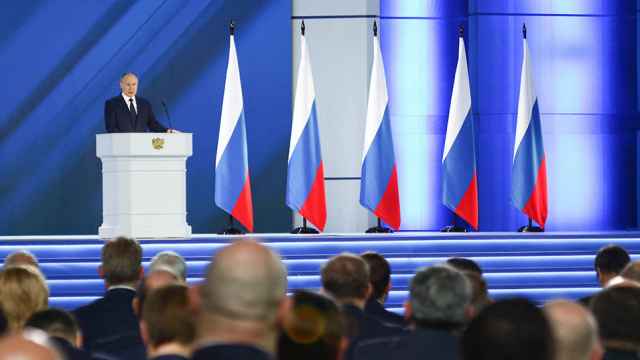Russians believe that environmental pollution poses a greater threat to humanity than terrorism, according to the results of an independent Levada Center survey published Thursday.
Russia’s government says that climate change is heating the country faster than the rest of the world, predicting epidemics, drought and mass hunger if it’s left unchecked. Levada conducted its poll in late 2019, a year marked by devastating wildfires in Siberia, flash floods in Far East Russia and lack of traditional snow coverage in Moscow.
When asked to identify humanity’s greatest threats in the 21st century, 48% of Levada’s respondents named environmental pollution.
Forty-two percent of respondents pointed to terrorism, while 37% named armed conflicts and wars as the main global threats. Global warming (34%) and manmade disasters and accidents (31%) were also named among the world’s top five threats.
Two-thirds of respondents told Levada they believe that human activity causes global warming, while 25% attributed it to natural processes.
Asked to specify which environmental issues affect Russia specifically, most respondents named air pollution (26%), waste disposal (17%) and nuclear waste (11%). Nationwide protests rocked Russia in 2019 over unpopular plans to build landfills in remote parts of the country to take in waste from more populous areas.
Air pollution was also the top answer in Levada’s 2010 poll, when 29% of Russian respondents called it a country-specific threat, followed by water pollution (15%) and genetically modified products (9%).
Levada conducted the survey among 1,608 respondents in 50 Russian regions between Dec. 12-18.
A Message from The Moscow Times:
Dear readers,
We are facing unprecedented challenges. Russia's Prosecutor General's Office has designated The Moscow Times as an "undesirable" organization, criminalizing our work and putting our staff at risk of prosecution. This follows our earlier unjust labeling as a "foreign agent."
These actions are direct attempts to silence independent journalism in Russia. The authorities claim our work "discredits the decisions of the Russian leadership." We see things differently: we strive to provide accurate, unbiased reporting on Russia.
We, the journalists of The Moscow Times, refuse to be silenced. But to continue our work, we need your help.
Your support, no matter how small, makes a world of difference. If you can, please support us monthly starting from just $2. It's quick to set up, and every contribution makes a significant impact.
By supporting The Moscow Times, you're defending open, independent journalism in the face of repression. Thank you for standing with us.
Remind me later.







